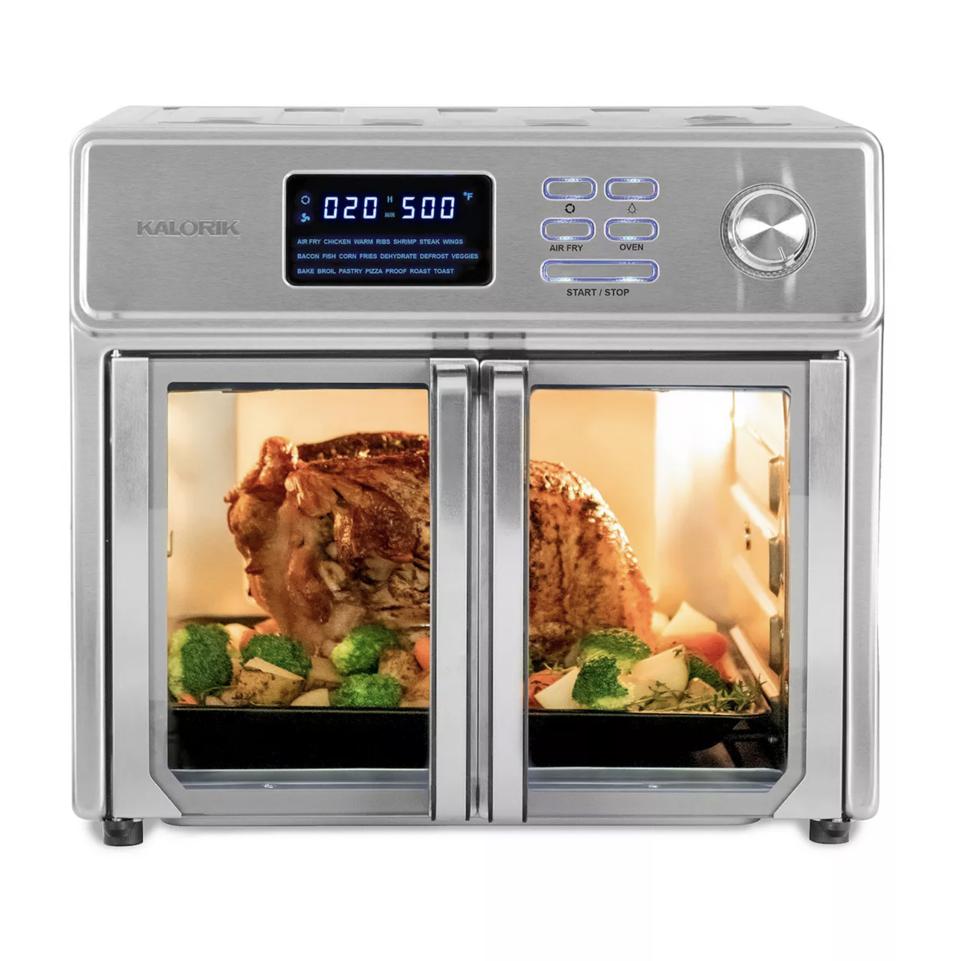
Retailers offer services to make customers' shopping easier and more enjoyable. These services include product displays and the employment of salespeople. Retail stores provide many career options and high annual sales. They offer many different products and services. They also provide information to their customers via signage, display and sales personnel. Here are some of the most commonly-held retail jobs.
Wholesaler
A wholesaler-retailer relationship has been successful for many years. To establish a relationship, most wholesalers contact retailers directly. What's the secret to making this relationship work for you? Here are some suggestions. Before you make a decision, take into account the strength and potential impact of your products, your workforce, as well as your business channels. You should always be selling the best products, ensuring quality control and establishing a reliable sourcing system.
A retailer is a local shop that buys large quantities of products from a wholesaler, then resells them back to customers. The retailer acts as the face of the company for end users. End users are often offered cash or seasonal discounts by retailers. Wholesalers also receive discounts from retailers. Wholesalers and retailers both make money from these sales. No matter what kind of business you're in, this relationship will be crucial for your success.
The wholesaler has close relationships with both the manufacturer and customer. A wholesaler can remove the manufacturer from your equation if you purchase from them. Wholesalers have the option to put their label on the product. Also, wholesalers can learn from the success stories of their products. Then, concentrate on those products and grow the business. There are many advantages. You can make a difference by working closely with wholesalers.
The wholesaler and the retailer are competing for resale margins. You should not undercut the wholesaler's prices and prevent the relationship from becoming strained. You can prevent this by setting up price lists that are different for each vendor, channel, and even between vendors. This will protect your profits and ensure that you don’t undercut other vendors. This will help you understand the basics of this business model.
A wholesaler is the intermediary between the manufacturer of the product and the retailer. A wholesaler buys large quantities of products from manufacturers and sells them directly to retailers. The final consumer is then sold small quantities by the retailer. Typically, wholesale goods sell at a lower price than those purchased directly from the manufacturers. Wholesalers and retailers are different because they can specialize in a specific product but also sell a wide range of goods.
Fixed retailer
A fixed retailer is a type shop that specializes in a specific line of goods. This retailer is usually run by the shop owner who also works as a sales assistant. These small shops, which are usually in residential areas of the city, offer convenient shopping and often credit options. These shops offer a personal connection to their customers and the convenience of a fixed place of business. These are the key characteristics of Fixed Shops. You can read on to learn about these businesses.

Street stallholders sell their goods from stalls that are set up in the streets. These stores do not change locations frequently and are typically in central areas with heavy foot traffic. Street stalls can't hold large inventories and so are limited to daily-use goods. But it is important that you note that fixed sellers may have a larger inventory than a hawker, peddler, or other traders. Fixed retailers can be more versatile than their mobile counterparts.
Fixed retailers are small-scale businesses that sell a limited number of products from one location. These are sometimes called "fixed shop" retail. They tend to have a fixed shop, and typically carry small quantities of goods. But their success depends on how big they are and how adaptable they are to changing markets. Even small businesses are unique, and may have distinctive characteristics that distinguish them from larger rivals. How can a Fixed Retailer profit from a small-scale model like this?
Scale is the most important difference between an itinerant and a fixed-shop retail. Itinerant sellers are mobile and can move around, but fixed-shop retailers maintain a specific location. Fixed-shop retailers are more established than the itinerant and have more resources to offer more services and products. Fixed Retailers are able to operate on a large scale while still maintaining a small business model. It is easy to establish small scale retailers and don't require the assistance of others.
Itinerant retailer
A non-itinerant retailer is a retail trader that has a fixed shop where the goods are sold to consumers. These retailers can be small- or large-scale. Smaller shops may sell fewer products because they don't have storage space. Large-scale shops are able to offer high quality goods at a large cost. These retailers also have a wide variety of products to choose from.
The word itinerant is derived from "itinerant", which is pronounced "eyeTIN-erant". An itinerary is a detailed list of traveler's plans. Itinerant retailers can be any of the following: street traders, hawkers and market traders. They may not even have a shop, despite their name. They could also be called "hawkers", or "paddle sellers."
Itinerant retailers offer the advantages of low capital and the freedom to move around. This allows them to offer personalized customer service. They are able to deliver the items customers require at their doorsteps. They sell products people use every day at a low price. They do not require large capital investments, unlike traditional retail stores, and their prices can often be lower than those of their competitors.
The United States uses the term "itinerant trader" to refer to a retail merchant who works outside of a building. This type of retail trade is when a seller sells goods without a building. Sometimes, they even ferry from one place to the next. However, it is important to note that this type of merchant is not necessarily legal in all places. Itinerant sellers can legally operate so long as they have the right permits and are not in business for more than 180 days each calendar year.
Service provider

Consider the fact that prices, support scope, and language will differ from one provider to another when choosing a Service Provider (PSP). However, most retailers expect some level of support when issues arise in the store. PSPs usually offer guidance and support lines for customers experiencing difficulties with online payments. Online merchants face greater payment rejection risks than other businesses. These services offer risk protection. High rejection rates could negatively impact profits and lead to higher payment processing and costs.
The retail landscape has become more complex with omnichannel and online shopping. Retailers need to find ways to maximize their supply chain efficiency and optimize margins, even though margins continue to be thin. Cybersecurity threats continue threatening consumer data. This is crucial for creating differentiated customer experience. As a result, retailers should look for specialized solution providers to complement their traditional strengths. RMS is a Preferred Service Partner with extensive knowledge in this field.
A service provider combines physical products with related services to provide the ultimate shopping experience. The retailer clearly acts as a service provider. A service provider provides convenience and protects its customers' loyalty. This is a great business model for retailers. Service retailers can grow to increase their profitability and customer loyalty while still providing the best service.
FAQ
Do I need to worry about my privacy when I shop online?
It is crucial for consumers to understand what information they give out when they use online services like Amazon.com. Amazon.com should be asked if consumers want to share any personal information. If you don't wish to share such information, you may need to limit your shopping experience on sites you feel comfortable sharing your private details.
Are there any tips and tricks that I can use to save money online shopping?
You should first make a list. Then go through each item on your list and decide which one you prefer to buy at a lower cost. Once you have made a decision, compare prices from different websites. Make sure you find the lowest price possible on each product.
Is it really necessary to register my creditcard number for online shopping?
You don't have to register for your credit card. You may want to register your credit card if you would like to receive discounts and special offers. It is a good idea to verify your identity with your bank.
Statistics
- The tax is automatically added once you click the checkout button, so factor in an additional 20% when looking at the product page. (makeuseof.com)
- Beyond that, you'll be liable for a 25% import tax. (makeuseof.com)
- Your Online Purchases 79% of Americans purchased goods and services online in 2018, which is expected to exceed 90% in 2023. (meetfabric.com)
- An approximately 90% increase in price affords Hotel X the opportunity of extreme profits under severe circumstances. (dos.ny.gov)
External Links
How To
What are safe online shopping tips?
Secure online shopping is something that everyone who shops online should know. It's great to be able to shop from various websites without being scammed.
If you are looking for the best ways to buy items online, read on! This article explains all the tricks and tips that make sure you don't fall victim to scams.
-
Do your research. Before you decide to shop online, it's essential to do your homework first. Check out customer reviews, get feedback, and seek recommendations from your friends.
-
Compare prices. Compare prices between several sellers if you are unsure about the reputation of a particular store. Also, consider using price comparison apps like Google Shopping and Amazon Price Checker. These tools can help you find the best prices from your favorite retailers.
-
Look out for red flags. If you are browsing product pages, look out for red flags. Many sites are fake and contain misspelled words as well as grammatical errors. These fake sites may also sell counterfeit products or display insufficient products.
-
Beware of popup windows Pop-ups are sometimes used by websites to collect passwords or credit card numbers. When you see one of these pop-ups, click "escape" to close it immediately or choose another browser window.
-
Ask yourself questions. When you visit a website, think about the following questions: Does this website seem trustworthy? Is it offering something I need? Can I trust its people?
-
Don't reveal your personal data. You must initiate the transaction before you can give financial information over the telephone or via email.
-
Avoid clicking on email links. It is very easy to click links in emails and end up on a fake website. To avoid this type of fraud, only open emails from trusted sources (such banks)
-
Use strong passwords. Strong passwords should be composed of letters, numbers and symbols. Keep your password confidential and don't share it with anyone else.
-
Be cautious when downloading files. Always download files from their source, not from email attachments. Never open attachments from unknown senders. And if you receive an attachment that asks you to install software, delete it quickly.
-
Report suspicious activity. Contact your local police department immediately if your identity is suspected to have been stolen. You can also file a complaint with the Federal Trade Commission.
-
Protect your device. Make sure you have anti-malware protection installed on your computer. It can help prevent hackers from accessing private information.
-
Be aware of scammers targeting seniors. Seniors are at greatest risk of falling for scammers as they have less experience in identifying fraudulent websites and messages.